Description
What is Nanny Care?
Nanny Care is a premium goat milk-based formula designed to provide complete, gentle nutrition for babies from birth through toddler years. Sourced from grass-fed goats, it’s free from palm oil and unnecessary additives, making it a natural alternative to cow’s milk-based formulas—especially for sensitive tummies.
Key Benefits
-
Gentle on Digestion: Goat milk contains smaller fat globules and softer curds, making it easier to digest than many cow’s milk formulas.
-
Nutrient-Rich: Packed with essential vitamins, minerals, and nutrients to support healthy development in your baby’s early stages.
-
No Palm Oil: A cleaner, more natural formulation that supports better nutrient absorption.
-
High-Quality Sourcing: Made from fresh, full-cream goat milk from free-range, pasture-fed goats.
-
Suitable for Sensitive Tummies: Ideal for babies who experience discomfort or digestion issues with standard formulas.
How to Use
Always follow the preparation instructions on the packaging. Use clean, sterilized bottles and freshly boiled water cooled to the recommended temperature. Prepare only the amount your baby needs for one feed.
Why Parents Choose Nanny Care Goat Milk Formula
Parents choose Nanny Care for its gentle, wholesome nutrition and high-quality ingredients. It offers a closer alternative to breast milk’s natural composition, with the added benefit of being more digestible for many infants.
Give your baby the best start with Nanny Care Goat Milk Formula—gentle, nutritious, and made with care from farm to bottle.
Uses / Instructions
Ensure you follow the instruction on the Nannycare tin to prepare your feeds.
Please be aware: Because powdered milks are not sterile, failure to follow preparation and storage instructions may make your baby ill.
- Wash hands and sterilise all equipment according to manufacturer’s instructions.
- Boil fresh water. Do not use artificailly softened or repeatedly boiled water. Leave to cool for maximum 30 minutes. Measure required water (see feeding guide), pour into sterilised bottle.
- Using scoop provided, lightly fill with powder and level off. Always add 1 level scoop of powder (4.3g) for each 30ml of water.
- Add the required number of scoops to the cooled boiled water.
- Place the sterilised teat and cap on the bottle and shake well until the powder is fully dissolved.
- Cool under running tap. Check temperature of feed. Feed immediately.
For hygiene reasons, do not store made up feeds. Make up each feed as required and always discard unfinished feeds within 2 hours maximum. The water should be freshly boiled and allowed to cool to a minimum of 70℃ and for no longer than 30 minutes. Do not heat feeds in a microwave as hot spots may occur and cause scalding. Do not add extra scoops of powder, or anything else to your baby’s feed. STORAGE: Store unopened can in a cool, dry place (do not refrigerate). After opening, keep airtight and continue to store in a cool, dry place. Use contents within 4 weeks.
Feeding guide from 0-12 months.
| APPROX AGE |
APPROX WEIGHT (KG) |
BOILED WATER PER FEED (ML) |
NUMBER OF SCOOPS |
NUMBER OF FEEDS PER DAY |
| Birth to 2 weeks |
3 – 4 |
60 |
2 |
5 – 6 |
| 2 – 4 weeks |
3.5 – 5 |
90 |
3 |
5 – 7 |
| 1 – 2 months |
4 – 6 |
120 |
4 |
5 – 7 |
| 2 – 3 months |
4.5 – 7 |
150 |
5 |
4 – 6 |
| 3 – 4 months |
5 – 7.5 |
180 |
6 |
4 – 5 |
| 5 – 6 months |
6.5 – 8.5 |
210 |
7 |
4 – 5 |
| 6+ months* |
7+ |
210 |
7 |
3 |
*Assumes weaning at 6 months.
4.3g scoop enclosed. This information is given as a guide only. Your baby may need more or less than the amounts shown. Some drink different quantities at different times of the day. Always allow your baby to stop feeding when they indicate they have had enough. Note the volume of prepared formula is slightly greater than that of the water added.
Warnings
Breastfeeding is the best source of nutrition for your baby.
Glad you asked! Many parents choose Nannycare as a first option when they decide to move on from breastfeeding or are combination feeding. If you are already using cow’s milk formula and your baby is unsettled with mild feeding issues, Nannycare goat milk formula may be a suitable alternative*. Please note: FSA advice is that goat milk formula is not suitable for babies with an established cow’s milk protein allergy (CMPA) unless directed by a Healthcare Professional.
*Always refer to a Healthcare Professional before switching.
Side Effects
See packaging for details.
Ingredients
Pasteurised whole goat milk, lactose (from milk), vegetable oil blend (high oleic sunflower oil, rapeseed oil, sunflower oil, antioxidants (sunflower lecithin, tocopherol-rich extract, pasteurised goat milk powders, marine fish oil powder (source of docosahexaenoic acid), Mortierella alpina oil powder (source of arachidonic acid), minerals, choline chloride, L-tyrosine, L-tryptophan, L-cystine, vitamins, L-isoleucine, taurine, L-carnitine.
VITAMINS: dl-α-tocopheryl acetate, L-ascorbic acid, nicotinamide, cholecalciferol, retinyl acetate, calcium D-pantothenate, cyanocobalamin, phytonadione, thiamin hydrochloride, riboflavin, pyridoxine hydrochloride, folic acid, D-biotin.
MINERALS: Sodium citrate, calcium citrate, calcium hydroxide, potassium chloride, ferrous sulphate, zinc sulphate, copper sulphate, manganese sulphate, potassium iodide, sodium selenite.
This product contains 38% goat milk on a dry matter basis.
Allergy Advice: For allergens, see ingredients in bold.
Packaged in a protective atmosphere.
| NUTRIENT |
UNIT |
*PER 100 ML
PREPARED FEED |
| Energy |
kj |
280 |
|
kcal |
66 |
| Fat of which |
g |
3.4 |
| saturates |
g |
1.2 |
| monounsaturates |
g |
1.6 |
| polyunsaturates |
g |
0.53 |
| – linoleic acid (omega 6) |
mg |
400 |
| – α-linolenic acid (omega 3) |
mg |
53 |
| – docosahexaenoic acid (DHA) |
mg |
15 |
| – arachidonic acid (AA |
mg |
16 |
| Carbohydrate, of which |
g |
7.4 |
| sugars |
g |
7.4 |
| Protein |
g |
1.3 |
| VITAMINS |
|
|
| Vitamin A |
µg |
56 |
| Vitamin D₃ |
µg |
1.4 |
| Vitamin E |
mg |
1.5 |
| Vitamin K₁ |
µg |
6.7 |
| Vitamin C |
mg |
13 |
| Thiamin (B₁) |
mg |
0.062 |
| Riboflavin (B₂) |
mg |
0.12 |
| Niacin (B₃) |
mg |
0.66 |
| Vitamin B₆ |
mg |
0.036 |
| Folic acid |
µg DFE |
22 |
| Vitamin B₁₂ |
µg |
0.18 |
| Biotin |
µg |
2.3 |
| Pantothenic acid |
mg |
0.35 |
| MINERALS |
|
|
| Sodium |
mg |
19 |
| Potassium |
mg |
70 |
| Chloride |
mg |
57 |
| Calcium |
mg |
53 |
| Phosphorus |
mg |
39 |
| Iron |
mg |
0.65 |
| Zinc |
mg |
0.49 |
| Copper |
mg |
0.049 |
| Manganese |
mg |
0.0090 |
| Fluoride |
mg |
0.0065 |
| Selenium |
µg |
2.5 |
| Iodine |
µg |
13 |
| OTHERS |
|
|
| Choline |
mg |
21 |
| Taurine |
mg |
4.6 |
| Carnitine |
mg |
0.90 |
| Inositol |
mg |
3.9 |
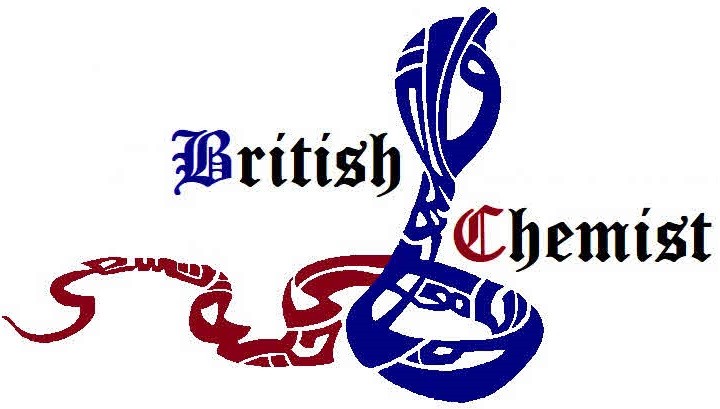
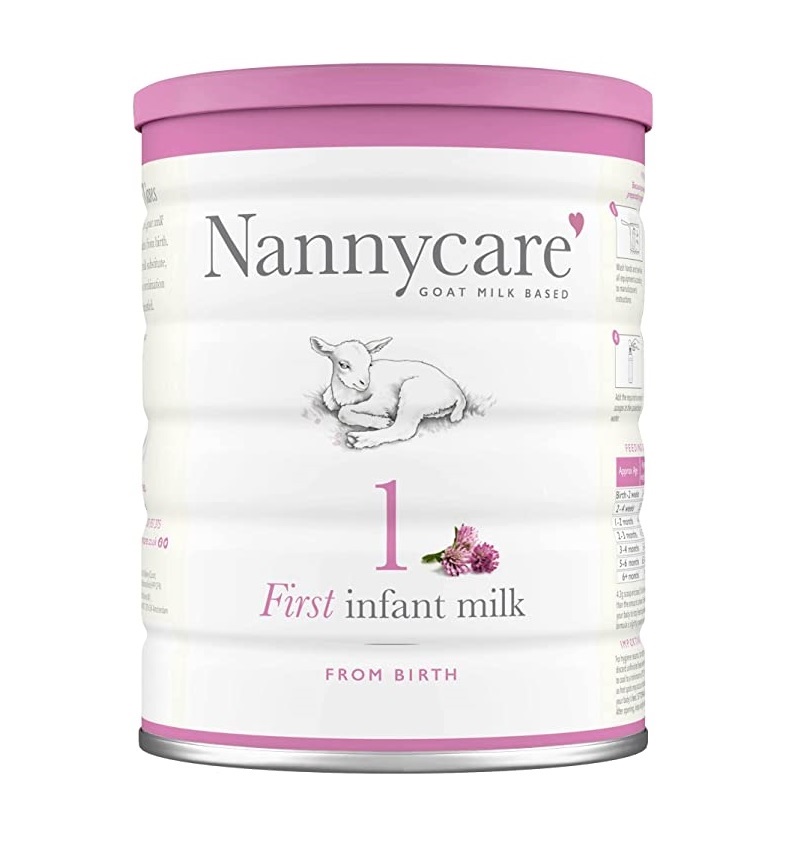

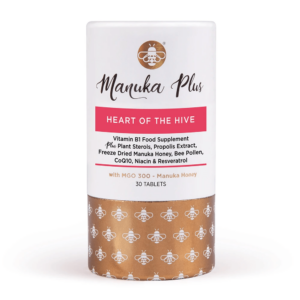
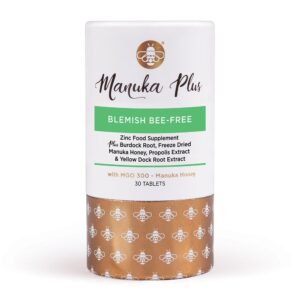
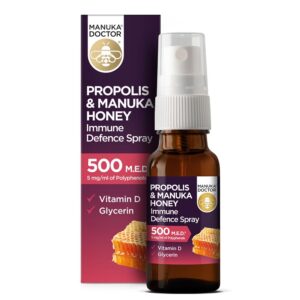
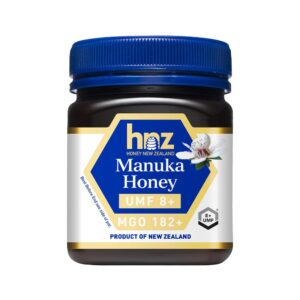
Reviews
There are no reviews yet.